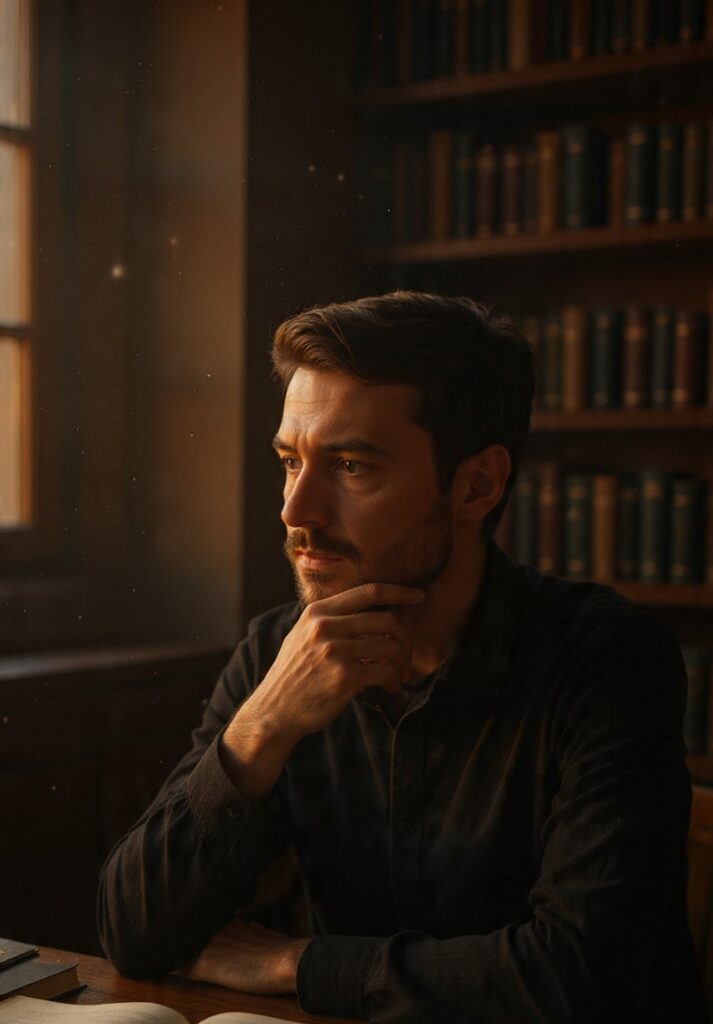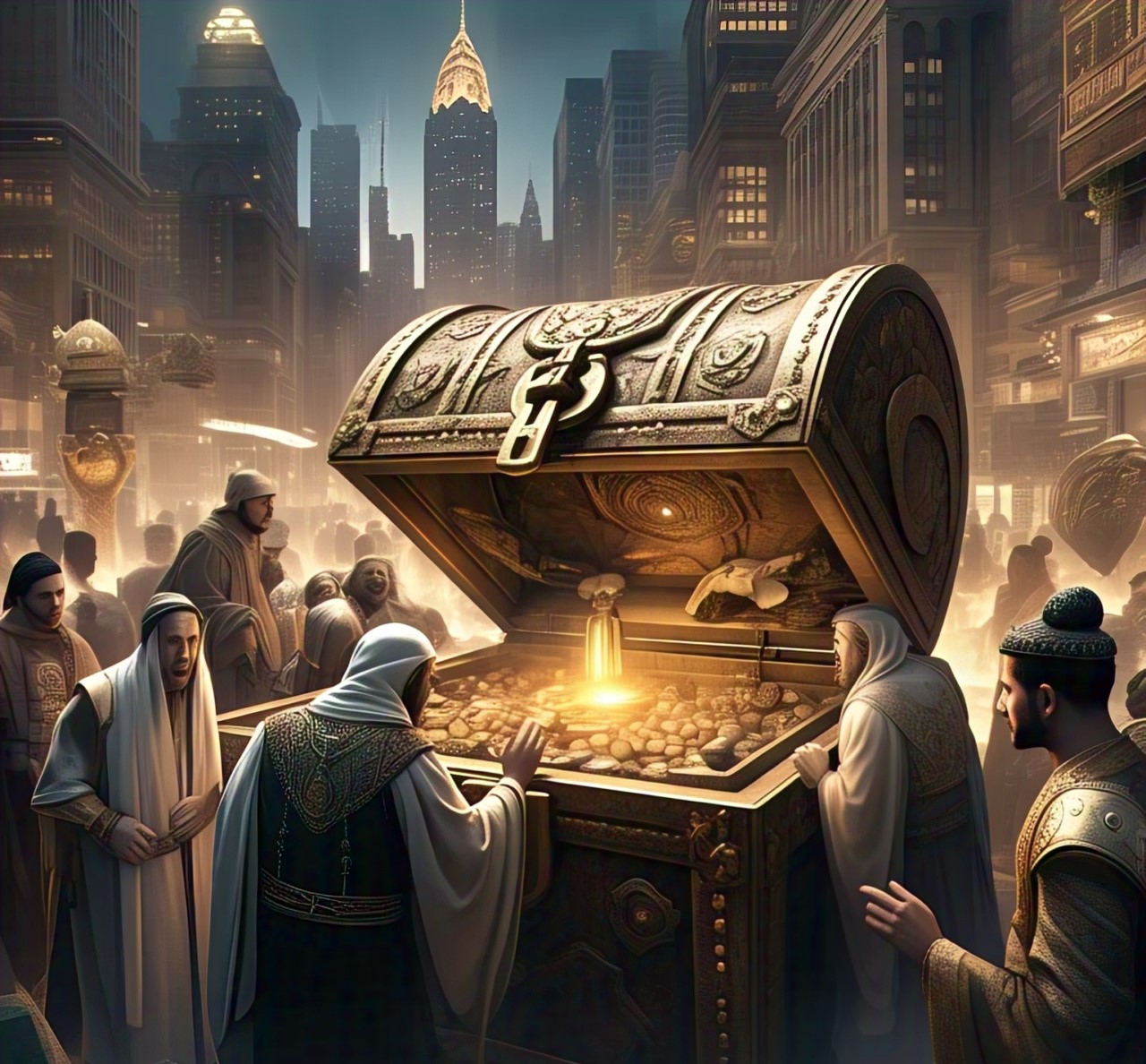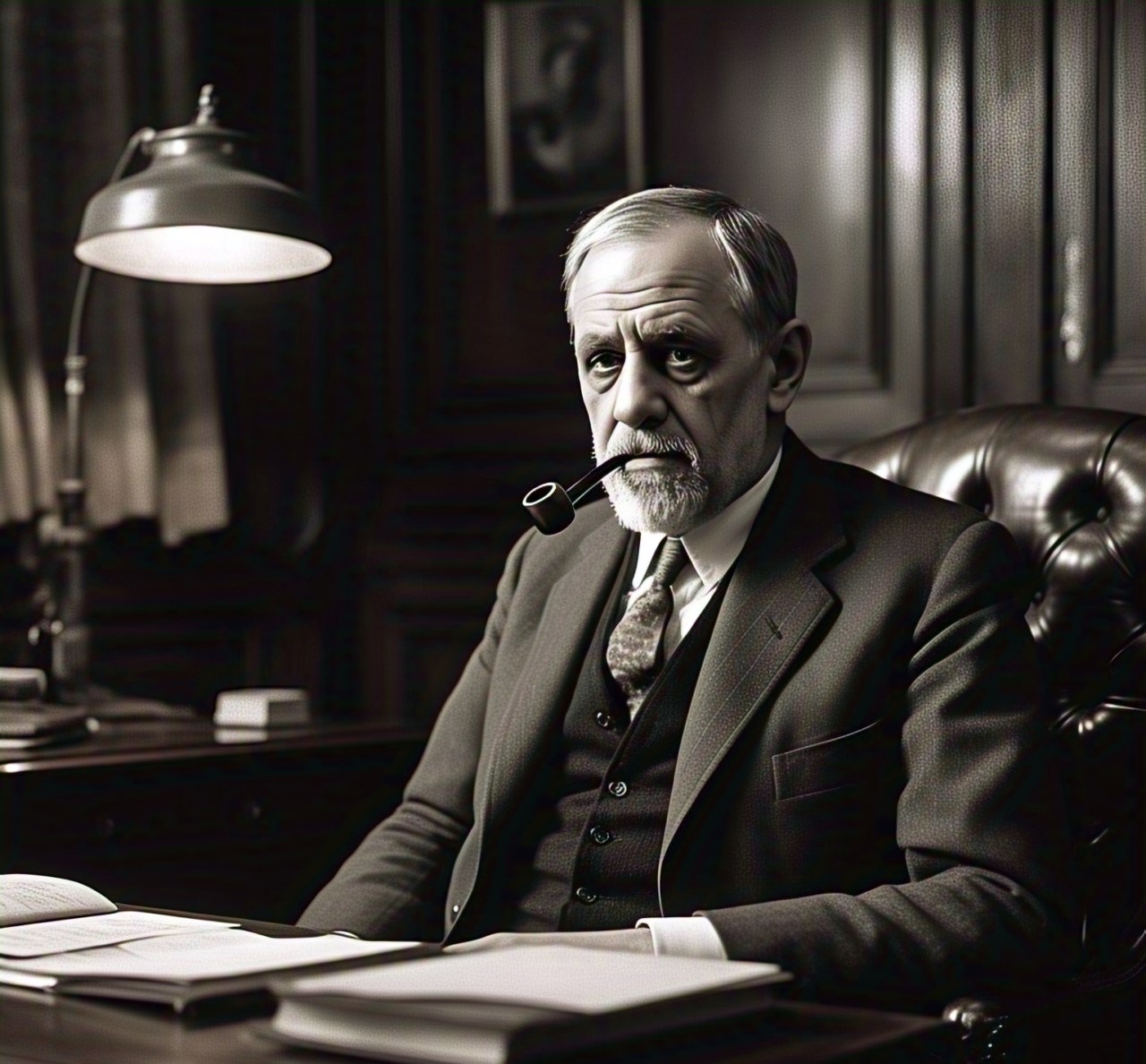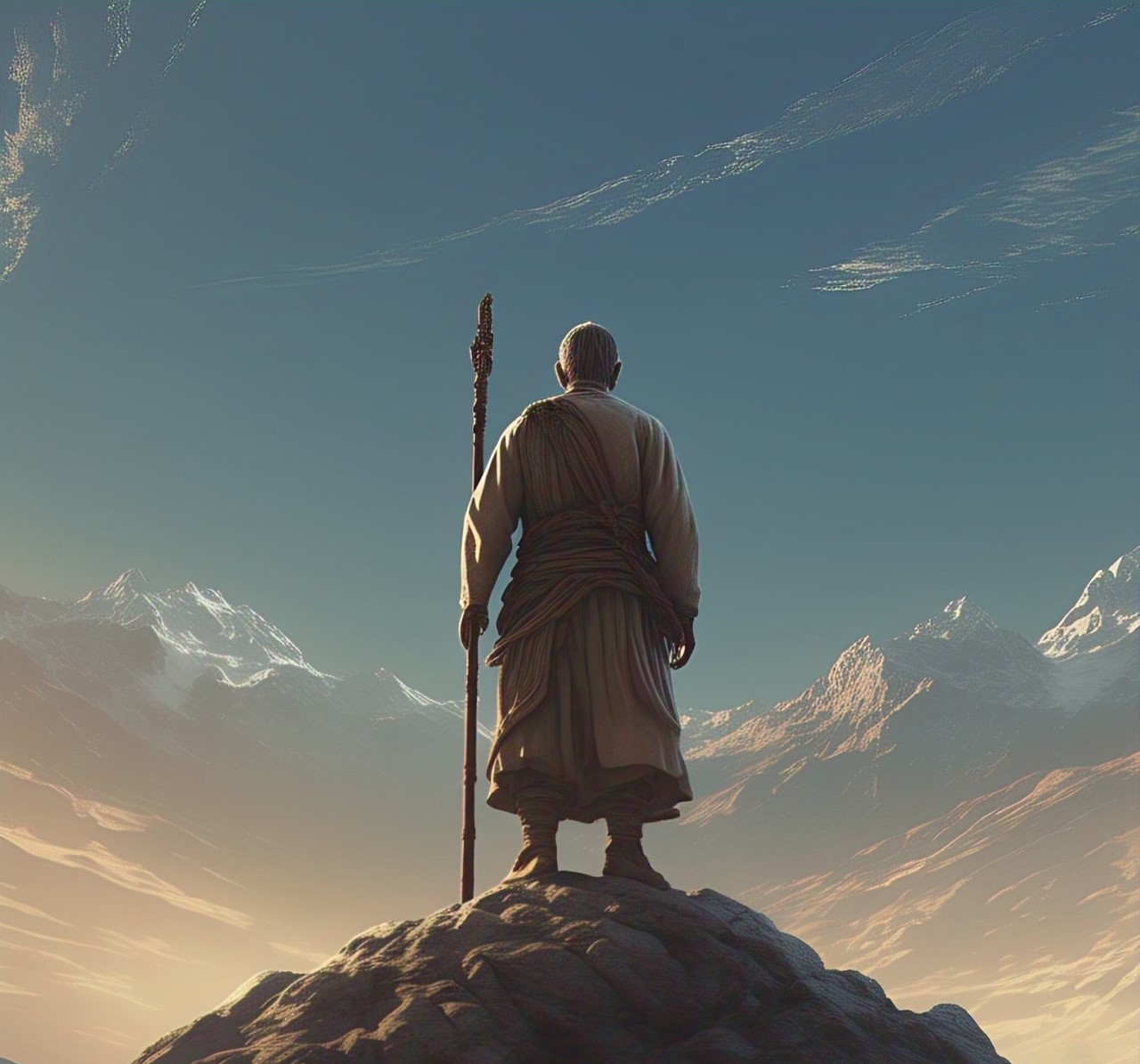In order to be able to think, you have to risk being offensive.
Jordan B. Peterson
Thinking, truly thinking is not always a safe act; I mean it is not always a polite conversation. It is not a rehearsed speech of what others already agree with, even if you are saying the same thing word for word. To think is to wrestle with reality, to test the limits of your own assumptions, and to confront truths that may make others, and even yourself, uncomfortable.
But in a culture that prizes comfort over conviction, silence over sincerity, many would rather avoid offense than risk the discomfort of truth. And as Peterson often says, “If you are speaking, you are going to offend someone; that is what speaking is.” The question, then, is not whether we will offend, but whether we will have the courage to pursue truth even when it disrupts the peace.
Thinking Requires Tension and That’s the Point
Jordan B. Peterson once noted, “People think that thinking is the same as agreeing or being nice, but it is not. Thinking is a form of confrontation.”
To think critically is to enter a kind of tension between what is and what could be, between the familiar and the uncomfortable. It is the same tension Socrates embraced when he asked inconvenient questions in Athens; his probing was not meant to insult but to illuminate, yet it still led to his death.

Every new idea, every moral awakening, every act of reform began as an offense to someone’s comfort. When Jesus challenged the religious hypocrisy of His time, He offended both priests and politicians, not because He wanted to, but because truth always confronts falsehood before it frees it.
The Fear of Offense is the Death of Growth
Jordan B. Peterson warns that: The ability to think is to risk being offensive. You might even be wrong, but that is the only way you can learn what is right.
When we fear offending others, we stop saying what we really mean, and when we fear being judged, we stop asking questions that could lead to clarity. The fear of offending is not kindness; it is self-censorship dressed as virtue.
The Stoics, the prophets, and Christ Himself understood that truth is often born through conflict, not violent conflict, but intellectual and moral struggle. You can not refine gold without fire, and you cannot refine thought without disagreement, and the moment we eliminate the possibility of offense, we eliminate the possibility of growth.
Truth Before Peace, Enlightenment After Offense
“You don’t have a dialogue unless you are free to disagree,” again, Peterson reminds us. The pursuit of truth demands that we value honesty over harmony, courage over convenience.
Peace that is built on avoidance is fragile, but real peace, the kind that frees, is built on truth, and truth can only emerge from honest dialogue. Sometimes, the light of truth blinds before it illuminates, and it wounds before it heals.
In the Gospels, Jesus said, “I came not to bring peace, but a sword.” That sword was not one of violence, but of discernment; the dividing line between false comfort and true conviction. And likewise, Peterson’s point is not to promote conflict for its own sake, but to remind us that intellectual and spiritual maturity require discomfort, because to be truly enlightened, we must first risk being disturbed. And this bring to mind an article I wrote sometime ago:
If you look for truth, you may find comfort in the end; if you look for comfort you will not get either comfort or truth, only soft soap and wishful thinking to begin, and in the end, despair. – C. S. Lewis
It is the quote by C.S Lewis that has been making me ponder since today, about truth and standing for truth. And in my head over and over and over again, I have broken this quote in segments and that is precisely what I want us to talk about today.
Continue Reading: Seeking And Facing The Truth Above All Else
The Moral Duty to Speak and Think Freely
Jordan B. Peterson also observed that: “Free speech is not just about the right to speak; it is about the right to think. And if you can not think, you can not have your own soul.”
To think freely is to honor the mind God gave you; it is to use your reason, your conscience, your discernment, not as weapons of pride, but as instruments of truth.
We are morally responsible to think deeply, even when it unsettles others! To explore ideas, even when they challenge tradition! To speak with love, but also with clarity! The health of any community, church, nation, or relationship depends on its willingness to wrestle with hard truths rather than hide from them.
In today’s world and time for so many people silence is often mistaken for wisdom, and neutrality for peace. Many say, “I don’t do politics,” as if disengagement is a sign of balance or maturity, but the Stoics, those ancient champions of reason, virtue, and courage would disagree a million times and more. To them, philosophy was not about escaping the world; it was about engaging with it rightly, and that means speaking up, standing up, and doing your part for the common good.
Stoicism calls us to live in accordance with nature, and part of that means fulfilling our role in society. To withdraw from public life, to be neutral, to claim we are “above” politics, is to neglect the very fabric of the human community we are meant to help sustain.
Continue Reading: You Don’t Get to Be Apolitical: The Stoic Duty to Stand Up and Speak
Read Also: The Elephant You Refuse to Face and Address Will Sit on Your Soul
Read Also: The Call to Engage: Why Good People Can’t Abandon a Broken System
Read Also: The Parable of The Talents: We Must Increase What We Have Been Given
Conclusion
Again, Jordan B. Peterson writes, “You can not be courageous without vulnerability. You can not pursue truth without risking rejection.”
The courage to think is the courage to be misunderstood; it is the willingness to stand in the tension between what is popular and what is right, between comfort and conviction.
Those who dare to think freely often offend before they enlighten, but they also expand the moral and intellectual horizons of everyone around them. Every great teacher, prophet, and reformer paid this price, and every one of them proved that truth, no matter how offensive it may seem at first, is the only path to genuine light.
So think! Speak! Risk offense! And remember: The world does not need more agreeable minds; it needs more courageous ones that truly seek the truth!





